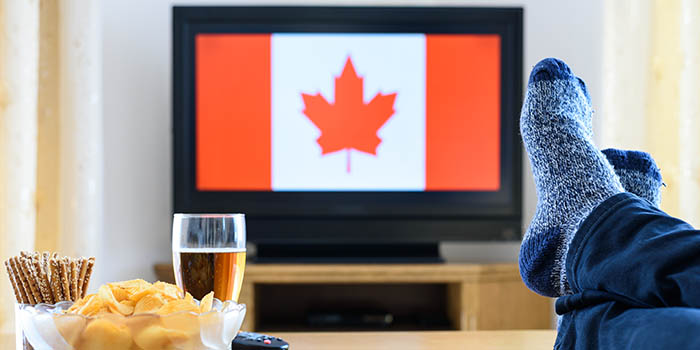
As the number of operators grows, so does the market. And, like any market, gambling is using advertisements to attract new clients and gain mindshare. Canadian citizens have a mind of their own, however.
Canadians Don’t Like Gambling Ads
Ipsos is one of the largest polling companies on a global scale. The poll in question was conducted between November 17 and November 22, 2022, and looked at how Canadians aged 18+ feel about gambling advertising in the country. 48% of the polled people agreed that the recent increase in gambling ads has been excessive and ads should be reduced.
63% agreed that limits on the amount and placement of ads should also be limited, showing that Canadians are beginning to feel ad fatigue. It’s usually accepted that ad fatigue is also a sign of diminishing returns for advertisers, and it’s even been suggested that it could lead to negative perceptions of the product or service advertised.
Ipsos’ social listening analysis showed that there was an increase of 820% in negative posts related to sports betting advertising between July 2022 and October 2022. The negativity is also evident in the high number of people supporting the limiting of gambling ads even in provinces that don’t have regulated online gambling – Atlantic Canada is a prime example with 69%.
To top it all off, Canadians are dissatisfied not only with the quantity of gambling advertising but also with the quality. Ipsos’ data shows that 42% of polled people said that the ads weren’t very likeable or enjoyable to watch. People aged 18-24 were the biggest critics of gambling ads, with 54% saying they didn’t like the ads – the highest level of any age group.
The Ads Problem Has Many Consequences
Neither the poll nor its results are a coincidence, however. Ontario launched online gambling back in April 2022, and the number of licensed operators has been growing at a fast pace. Part of how the iGaming industry is taking a stronger foothold is through advertising. However, this growth is asynchronous to regulation in some cases.
So, with the increase in the number of operators, came an increase in gambling advertisements as well. Not all were entirely honest, however, and the Alcohol and Gaming Commission of Ontario (AGCO) – Ontario’s regulator – had to take corrective measures, as was the case with Unibet, for instance. The operator was fined C$48,000 (around $37,000 at the time).
The increase in advertising is causing another effect, however – not just annoyance or dislike of the creative. The sheer volume of the ads has increased so dramatically throughout the country that people are starting to wonder whether gambling has become legal in their province as well. Operators are getting mindshare but those minds are confused over what is happening.
Ipsos looked into this as well, asking people which types of gambling were legal in their province. 39% of people in BC, 42% in Alberta, 29% in Saskatchewan/Manitoba, and 27% in Atlantic Canada thought incorrectly that online and sports betting was legal both for private companies, as well as the government. Only Ontario fits this description, however.
One in five of the respondents simply didn’t know, with a total of 37% of Canadians wrongly thinking that both private and government gambling were legal. As that’s not the case, and with gambling advertising reaching a “fever pitch”, it becomes clear that citizens’ dissent is not the only problem. Gambling ads in Canada might just get the same treatment that they got in Australia.